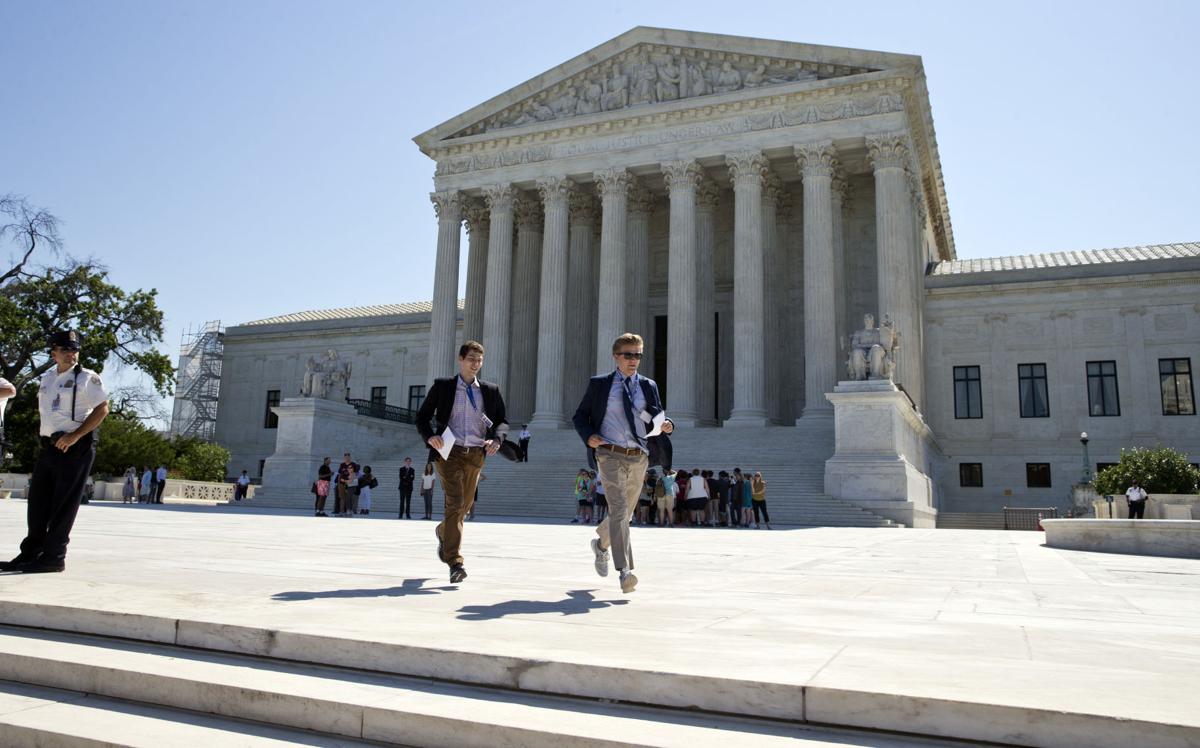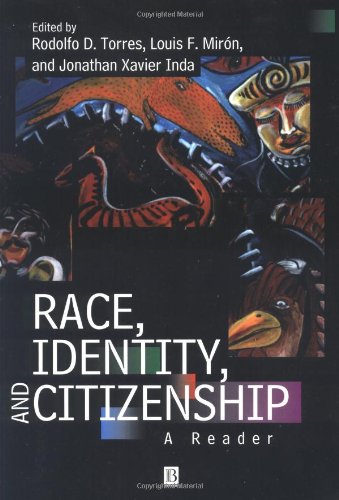Palma Joy Strand: The politics of Loving v. VirginiaPosted in Articles, Law, Media Archive, Politics/Public Policy, United States on 2017-03-26 01:35Z by Steven |
Palma Joy Strand: The politics of Loving v. Virginia
Omaha World-Herald
Omaha, Nebraska
2017-03-16
Palma Joy Strand, Professor of Law
Creighton University, Omaha, Nebraska
The writer is a law professor and director of the 2040 Initiative at the Creighton University School of Law.
The year 2017 marks the golden anniversary of the landmark court decision Loving v. Virginia. Fifty years ago, the U.S. Supreme Court held that Richard Loving (who happened to be white) and Mildred Jeter (who happened to be black) had a constitutional right to marry.
The right to marry someone of a different race has put down roots. In his book “Racing to Justice,” the writer and social justice advocate john a. powell notes, “Nearly 15 percent, or one in seven, of all new marriages in 2008 were between people of different races or ethnicities.”
These interracial marriages create social ripples. Powell continues, “(M)ore than a third of all adults surveyed reported having a family member whose spouse is of a different race or ethnicity — up from less than a quarter in 2005.” We have moved beyond “Guess Who’s Coming to Dinner” to routinely having folks of more than one race around our Thanksgiving tables.
Along with mixed-race marriages and families, the proportion of the U.S. population with multiple racial heritages has grown dramatically. The Pew Research Center found in 2013 that the share of multiracial babies had risen from 1 percent in 1970 to 10 percent in 2013.
Loving marriages and Loving families and Loving children have transformed who we are as a nation. In the midst of continued racial separation, there are racial connections — connections that disrupt the same-old, same-old stories.
Yet the relevance of Richard and Mildred Loving and Loving v. Virginia today transcends both marriage and race…
Read the entire article here.


